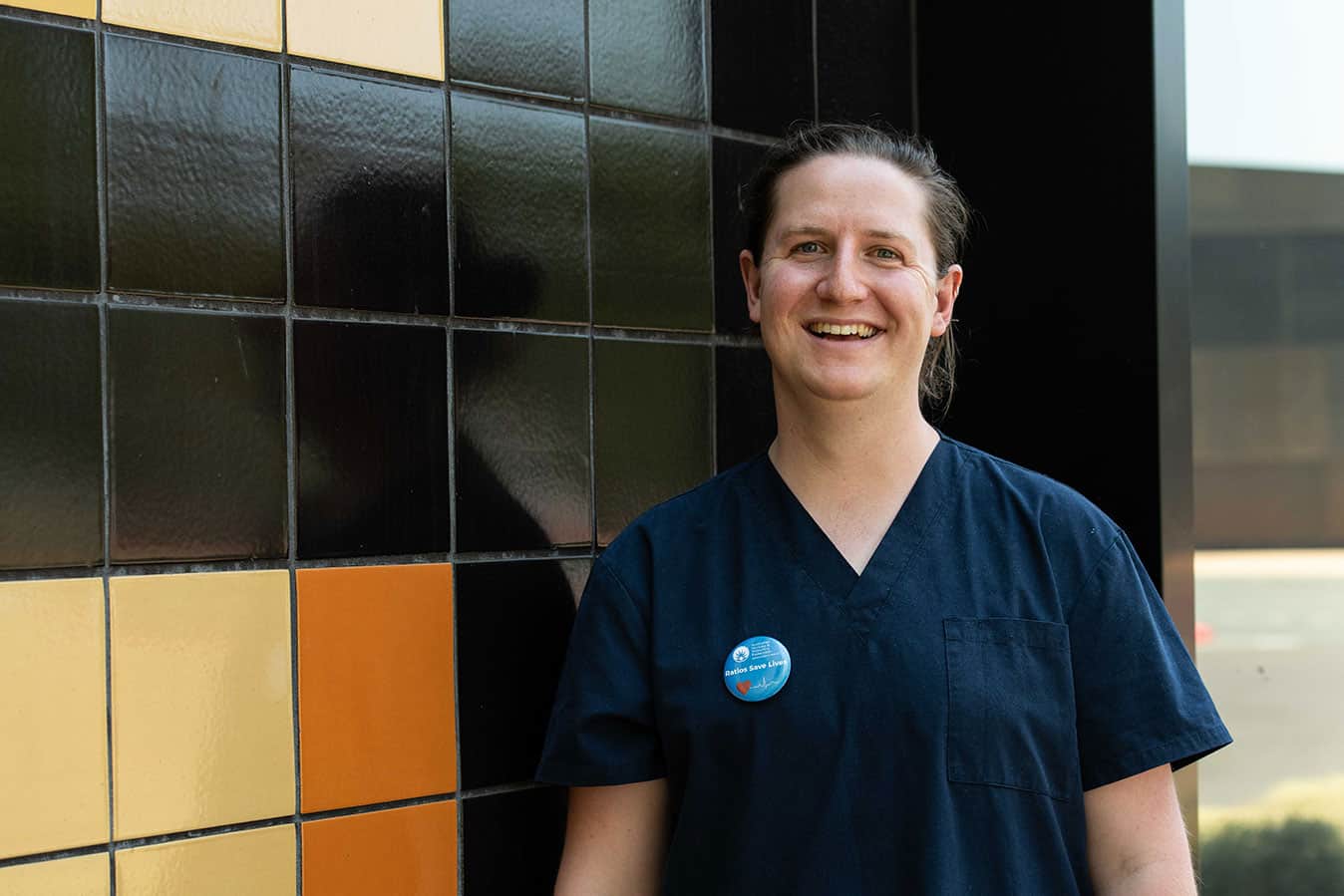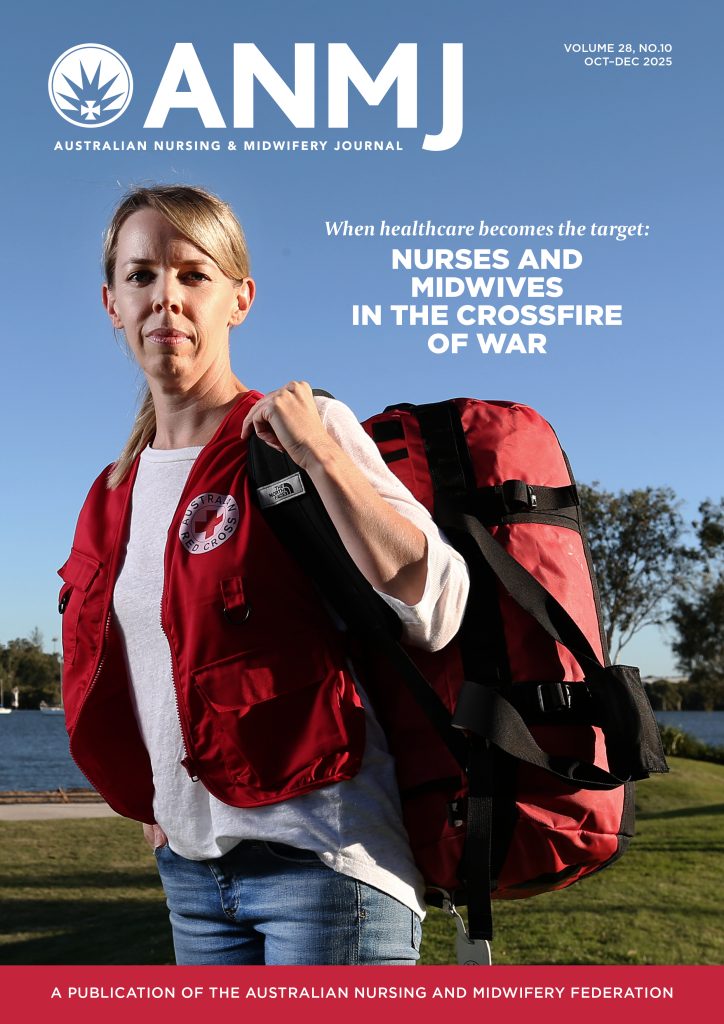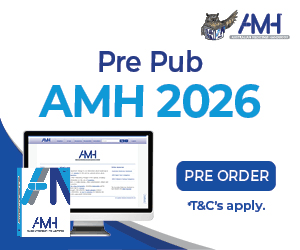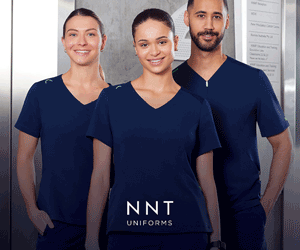Later this year, Australians will vote in a landmark referendum to decide whether to amend the Constitution to recognise Aboriginal and Torres Strait Islander people and enshrine a Voice to Parliament. If successful, the change would establish a new advisory body, representing First Nations people across the country, to provide input and advice on a range of government policies and laws that affect their lives.
Registered nurse Connor Lynch is a Clinical Care Co-ordinator on the Acute Medical Unit at the Canberra Hospital.
To increase his knowledge about the referendum and help inform his decision, Connor accessed the Uluru Statement website and read the Statement from the Heart, as well as the Indigenous Voice Co-design Process final report.
“I have listened to a range of voices and views through media, opinion pieces and at the Invasion Day Rally in Canberra earlier this year. I’ve also noted the polling, particularly those polled that identify as Aboriginal and Torres Strait Islander. And most recently we had a range of speakers discussing the Voice at the ACT ANMF Biennial Conference.”
Like the Australian Nursing and Midwifery Federation (ANMF), and many nurses and health organisation across the country, Connor is throwing his support behind a ‘Yes’ vote for an enshrined Voice to Parliament.
He believes his vote help recognise the central request in the Uluru Statement from the Heart, and support reconciliation. It will also lead to Aboriginal and Torres Strait Islander self-determination, improve health outcomes, and Close the Gap.
Why should nurses care about The Voice?
“Nurses and midwives are directly involved in providing care in every community in Australia across the lifespan,” Connor explains.
“We are in a unique position to work with community to close the gap in health inequalities in this country and the Voice to Parliament is a step in ensuring Aboriginal and Torres Strait Islander peoples have a protected place at the table to influence the planning, design and delivery of health systems and programs that directly affect their health and wellbeing.”
According to the union movement’s campaign, achieving a successful ‘Yes’ vote will require as many Australians as possible to play their part. Simple actions include having discussions with friends, family and colleagues about the importance of the Voice and the impact it can have on Aboriginal and Torres Strait Islander peoples shaping their own lives and future.
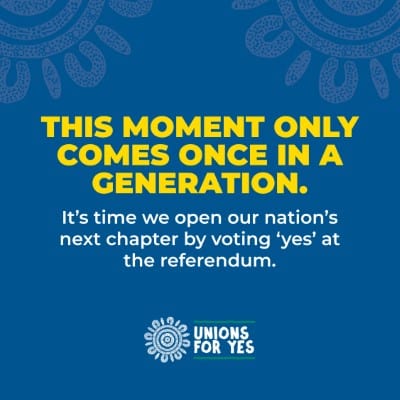
It’s an area Connor continues to push as the referendum looms.
“Most of my friends and family are in support of the Voice and see the significance of the referendum,” reveals Connor.
“Some colleagues and friends have discussed reservations, normally stating that they feel there is a lack of detail about what the Voice is or that it is potential divisive. I think it’s important for people to read the statement from the Heart and Prof Tom Calma and Prof Marcia Langton’s Indigenous Voice Co-design report, all the detail is there.
“I support listening to all perspective, including opposition to the Voice, but it is dangerous to conflate arguments from those not supporting the Voice with the overwhelming consultation and consensus from Indigenous Australians that produced the Statement and the Report as somehow of equal measure.”
Most importantly, when speaking directly to Aboriginal and Torres Strait Islander people about why The Voice is needed, Connor says the overwhelming message relayed is that recognition is not enough without being enshrined in the Constitution.
“[The message] was that having a Voice and being heard was central to healing and progress. That it’s long overdue that Aboriginal and Torres Strait islander peoples have a constitutionally protected advisory group that can’t be removed or defunded by successive governments, as has happened in the past.
“It will protect a Voice, an advisory body therefore ensuring a way for Indigenous Australians to have a greater say and involvement in the design, development, and provision of healthcare in Australia. Care that is local, culturally safe, and effective in improving health outcomes and closing the gap.”
Authorised by Annie Butler, Australian Nursing & Midwifery Federation, Melbourne
Access the Uluru Statement here
Read the Indigenous Voice Co-design Process Final Report here


